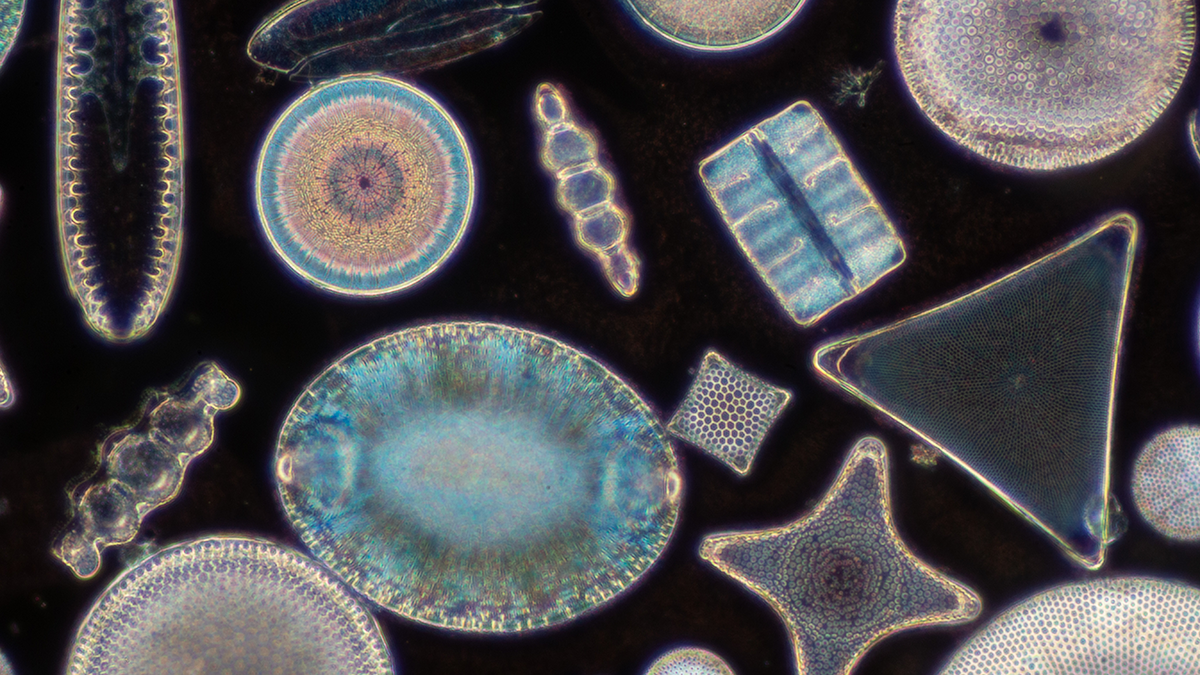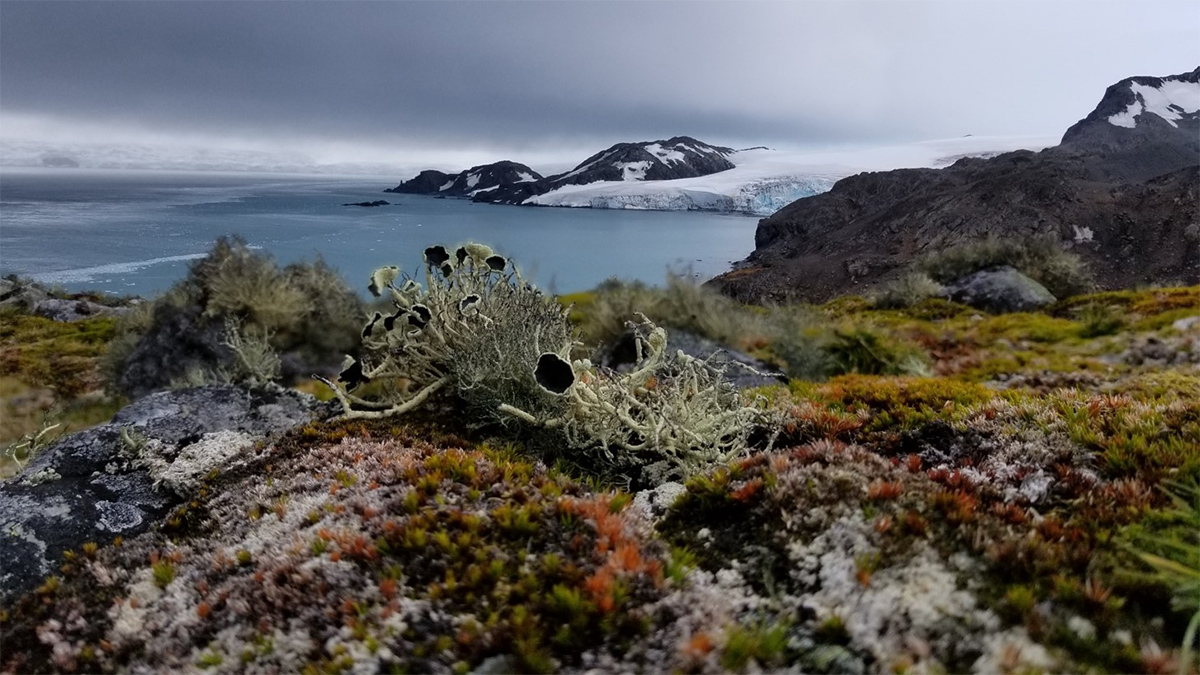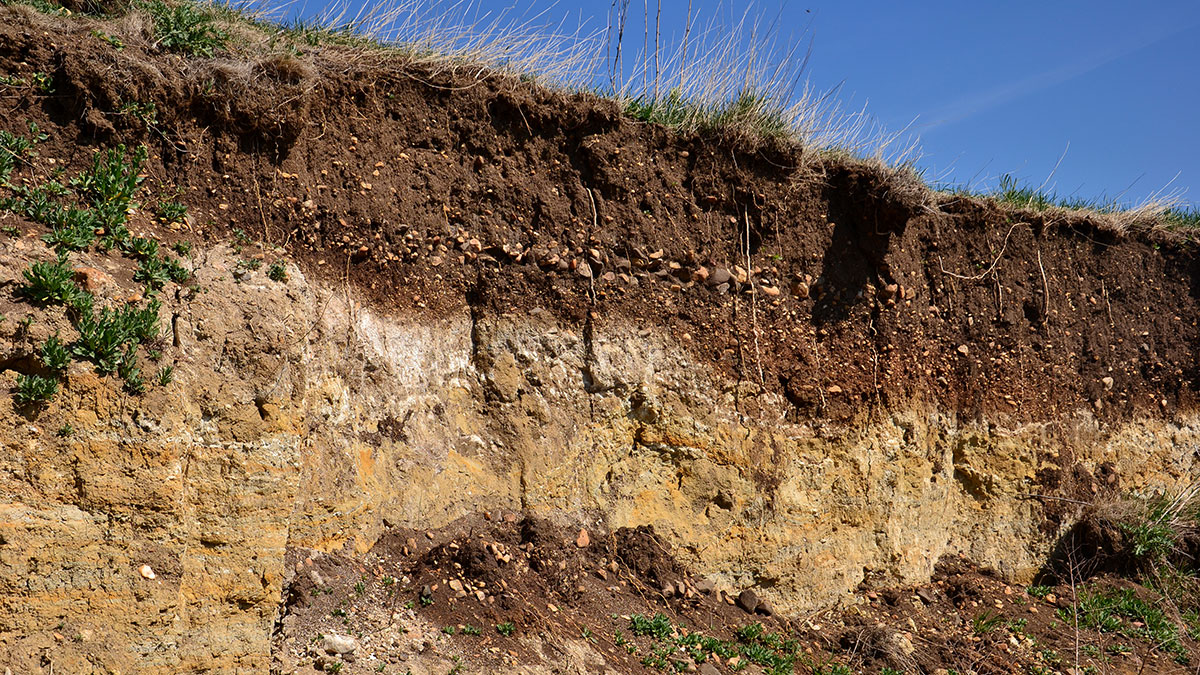And what that could mean for today’s ocean.
photosynthesis
How Plants Respond to Scattered Sunlight
A new study investigates how diffuse light affects evapotranspiration and carbon uptake across forest, grassland, shrub, and agricultural areas.
Machine Learning Enhances Image Analysis in Biogeosciences
Machine learning can enhance our ability to identify communities of microorganisms and how they change in response to climate change over time.
New Map Reveals the Extent of Vegetation in Antarctica
More than 40 square kilometers of vegetation cover Antarctica, including in previously unknown areas. A new map offers fresh insights for conservation amid climate change.
Amazonian Drought May Have Long-Lasting Effects on Carbon Cycle
Dry conditions stemming from the 2015–2016 El Niño caused significant carbon loss.
Red-Light-Loving Bacteria Could Expand the Search for Life
Scientists are uncovering genes responsible for oxygenic photosynthesis in cyanobacteria to shift the search for potentially habitable worlds.
Discounting Carbon Gain to Prevent Water Loss Today
A new study introduces a timescale for optimizing tradeoffs between carbon gain and water loss to improve estimates of photosynthesis during prolonged dry spells.
Coming to a Consensus on Carbon
A new study describes inconsistencies in how different Earth system models predict soil carbon levels in a warming climate.
The Open Ocean, Aerosols, and Every Other Breath You Take
Phytoplankton and other marine plants produce half of Earth’s atmospheric oxygen and have big effects on food webs and climate. To do so, they rely on nutrients from the sky that are hard to quantify.










